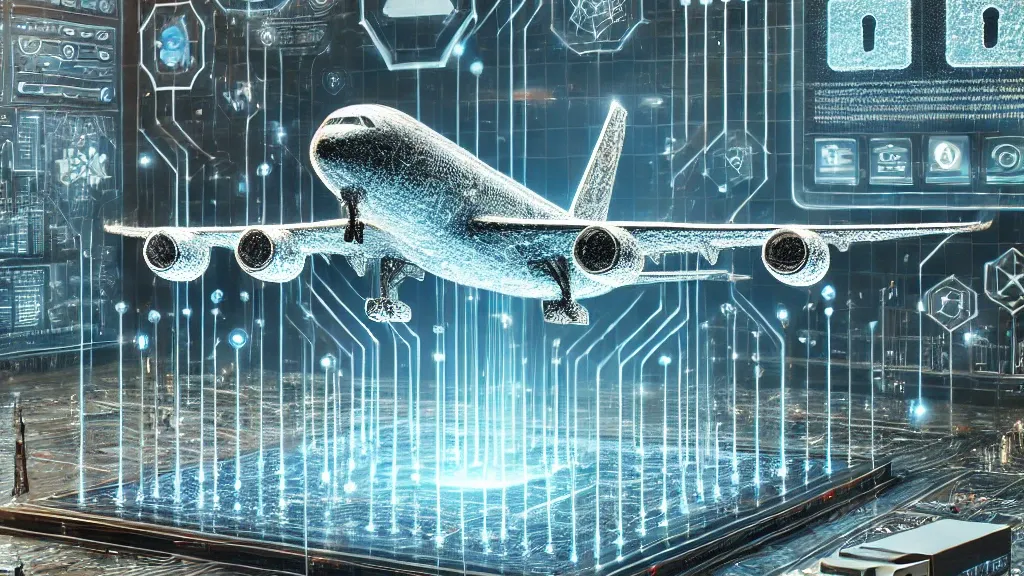The integration of AI in intelligent satellite payloads is revolutionizing the aerospace industry. From optimizing satellite functions to enhancing communication, AI’s role is pivotal. As technology advances, the potential of AI in this domain continues to expand, promising a future where satellites are more efficient and effective than ever before.

The Importance of AI in the Aerospace Industry
The aerospace industry has always been at the forefront of technological innovation. AI is now playing a crucial role in this sector, especially in satellite payloads. By incorporating AI, satellites can process data more efficiently, leading to better decision-making and improved mission outcomes. This not only enhances the capabilities of satellites but also ensures that missions are more successful.
Understanding Satellite Payloads
Satellite payloads are the essential components that carry out the specific functions of a satellite. These can include communication, earth observation, scientific research, and more. Traditionally, payloads were designed to perform specific tasks, but with the advent of AI, they can now adapt and learn to perform a variety of functions.
How AI Enhances Payload Capabilities
AI enables payloads to process vast amounts of data quickly and accurately. This means that satellites can now perform complex analyses in real-time, leading to more accurate results. For example, AI can help enhance image processing, allowing satellites to capture clearer and more detailed images of the Earth.
Optimizing Communication with AI
One of the primary functions of satellite payloads is communication. AI can optimize these systems by improving data transmission rates and reducing latency. This ensures that communication between satellites and ground stations is seamless and efficient. Satellite Payload Analysis provides deeper insights into how AI is enhancing communication systems.
AI in Earth Observation Satellites
Earth observation satellites rely heavily on AI to analyze the data they collect. With AI, these satellites can detect changes in the environment, monitor weather patterns, and even predict natural disasters. This not only helps in scientific research but also contributes to disaster management and environmental conservation.
Improving Data Analysis
AI algorithms can process and analyze data much faster than traditional methods. This means that earth observation satellites can provide timely and accurate information, which is crucial for decision-makers. For instance, AI can help predict weather patterns, allowing for better preparation and response to natural disasters.
Enhancing Image Processing
AI’s ability to enhance image processing is a significant advantage for earth observation satellites. With AI, these satellites can capture clearer and more detailed images, providing valuable insights into environmental changes and urban development. Thermal Control in Space explores how AI is improving satellite capabilities in various fields.
AI in Communication Satellites
Communication satellites are essential for global connectivity. AI plays a vital role in optimizing these systems, ensuring that data transmission is fast and reliable. By reducing latency and improving data rates, AI ensures that communication satellites can meet the growing demand for connectivity.
Reducing Latency with AI
AI algorithms can optimize data transmission, reducing latency and ensuring that communication is seamless. This is especially important for applications like video conferencing and online gaming, where delays can significantly impact user experience.
Improving Data Rates
AI can also enhance data rates, allowing communication satellites to transmit more data in less time. This is crucial as the demand for high-speed internet and global connectivity continues to grow. Drone Swarming Technology highlights other applications of AI in improving communication systems.
AI in Scientific Research Satellites
Scientific research satellites gather data from space, providing valuable insights into the universe. AI enhances the capabilities of these satellites, allowing them to process data more efficiently and accurately. This leads to better scientific outcomes and a deeper understanding of the cosmos.
Enhancing Data Processing
AI can process vast amounts of data quickly and accurately, ensuring that scientific research satellites can provide timely and accurate insights. This is crucial for research that requires real-time data analysis.
Improving Research Outcomes
With AI, scientific research satellites can enhance their capabilities, leading to better research outcomes. This not only contributes to our understanding of the universe but also advances scientific knowledge. For more insights, check out Adaptive Aircraft Systems, which explores AI’s impact on research and development.
Challenges and Future of AI in Satellite Payloads
While AI offers numerous benefits, there are challenges to integrating it into satellite payloads. These include technical challenges, data privacy concerns, and the need for skilled personnel. However, the future of AI in satellite payloads looks promising, with ongoing research and development addressing these challenges.
Technical Challenges
Integrating AI into satellite payloads requires advanced technology and expertise. This can be a challenge, especially for organizations with limited resources. However, ongoing research and development are addressing these challenges, ensuring that AI can be integrated seamlessly into satellite systems.
Data Privacy Concerns
Data privacy is a significant concern when it comes to AI in satellite payloads. Ensuring that data is secure and protected is crucial, especially as satellites collect vast amounts of sensitive information. Organizations are working to address these concerns, ensuring that data privacy is a top priority. For more information, visit AI Companies for Aerospace, where you can learn about companies leading in AI and data privacy.
The Future of AI in Satellite Payloads
The future of AI in satellite payloads is bright, with ongoing research and development leading to new innovations and capabilities. As technology advances, we can expect to see even more applications of AI in satellite payloads, ensuring that satellites remain at the forefront of technological innovation.

FAQ Section
What is the role of AI in satellite payloads?
AI plays a crucial role in optimizing satellite functions, improving data processing and analysis, and enhancing communication systems.
How does AI improve data analysis in satellites?
AI algorithms can process and analyze data quickly and accurately, leading to more accurate and timely insights.
What are the challenges of integrating AI into satellite payloads?
Challenges include technical issues, data privacy concerns, and the need for skilled personnel to manage AI systems.

